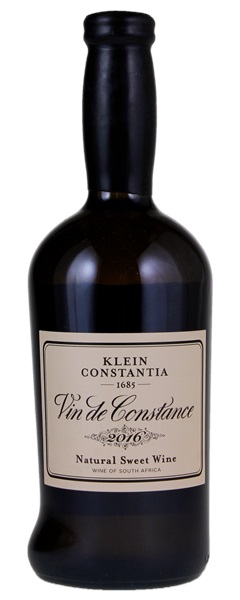Estimate

...well-defined bouquet offers scents of wild honey, acacia and orange blossom... On the palate, laser-like acidity cuts through the viscous fruit, and notes of saffron and allspice furnish the honeyed texture. There is immense precision on the finish. Superb.
Such an amazing nose to this with dried peaches and limes, flowers and hot stones. Full-bodied, very sweet and powerful with a soft, caressing texture and a tangy, bright finish.
Lucious tones of apricot, dried nectarine, honey and spiced orange syrup with subtle tones of cinnamon...rich and dense on the palate, expanding and unfolding, showing layers of depth and breadth across the mid-palate...finish is long and thoughtful and continues to evolve on the palate, leaving a viscous layer, flopping back and forth between flavors of honey, orange marmalade and apricot paste.
Luscious nose of dried apricots, marmalade and cinnamon, in a rich, bold style. The palate offers more elegance, with floral notes, and a core of acidity that freshens and elevates it. Long, with a touch of citrus-rind bitterness at the finish.